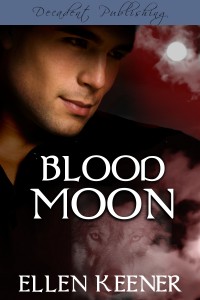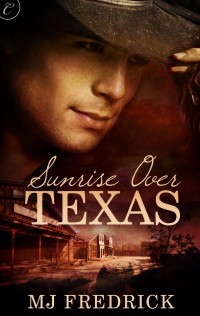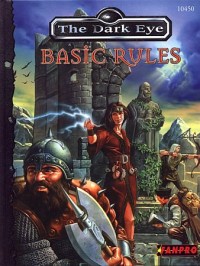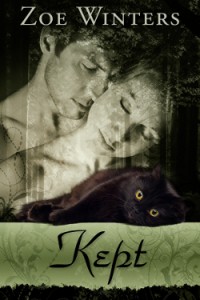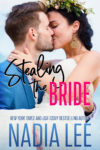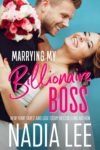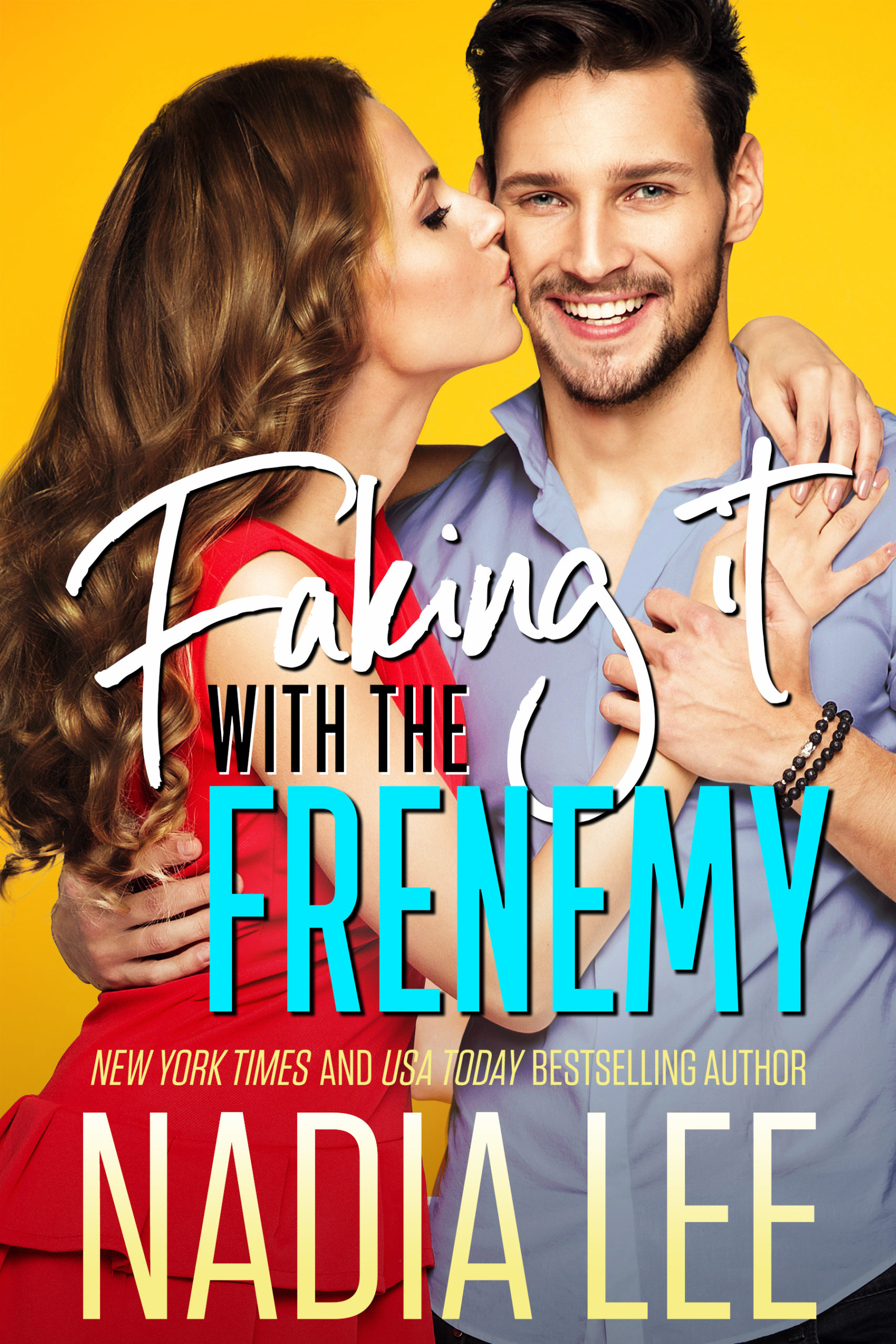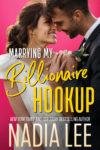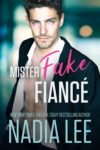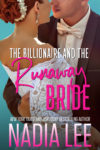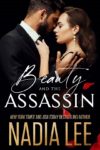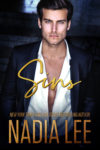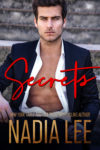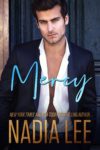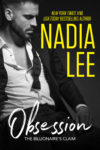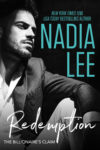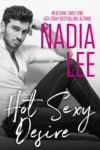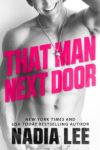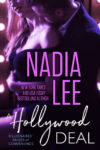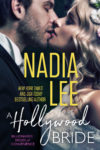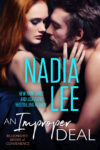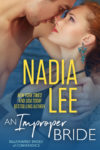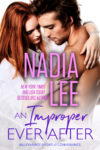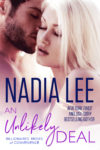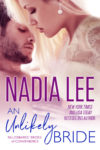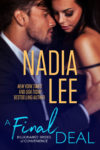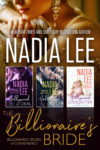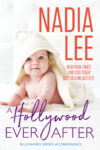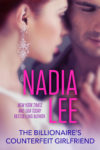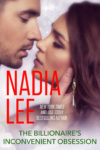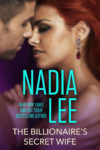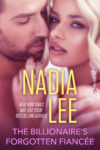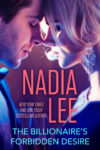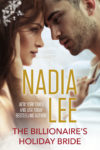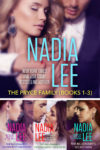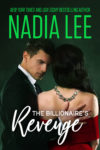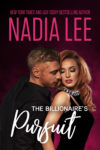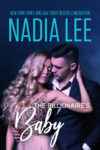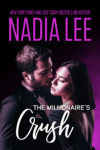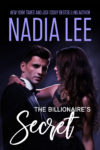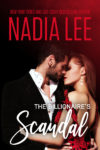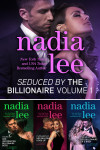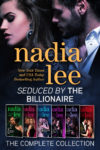5
| Mar 2011 |
As many of you know, I don't normally host guests who solicit and/or advertise charities. There are just too many worthy causes, and I honestly don't want to turn my blog into a “donate, donate, donate” site.
But the lack of easy access to clean water is a real and serious problem in many developing countries. I saw a documentary on a Japanese TV show once that showed a small village in Africa that didn't have running water or a well nearby. So everyone had to walk an hour to a small river, then walk another hour back to the village with as much water as they could for the day.
The documentary didn't end on a bleak note, though. The Japanese TV station paid to have an expert well digger from Japan to go to the village and literally, manually, drill a hole into the ground. It took him and a team of villagers over a month, but they finally got their water. I'll never forget the joy on the people's faces as they realized what this meant for them. Their children no longer needed to spend a big chunk of their day hauling water. Instead they could attend school. Men could raise cattle and farm more easily, now that they didn't have to spend hours in transit to the river and back.
So when Kat approached me to publicize her Crits for Water effort, I wanted to help out. Here it is:

I don't know about you, but in University, I was pretty much broke on my ass. Fortunately, my family was “poor enough” and my head was “smart enough” to get some scholarships, “enough” to get me a BA at least, including a year of studying abroad in China.
I don't know about Nadia, but I'm a ginormous geek. Sailor Moon, Pokemon, Dungeons and Dragons, video games, computers and other techy shiny things, writing and reading fantasy/futuristic YA and romance…you name it — I've probably dabbled or been outright obsessed. I'm so lucky to be living the Geek Dream: the Japanese government is paying me to live in Japan. Genius!
So when I landed my job on a gorgeous, sub-tropical island in the Sea of Japan (with beaches), was I primed to give back. My life had become Total Awesome, and what better way to make it awesomer* than to help folks who don't have “enough”? Voila! Via sublime intervention (slash happenstance), I discovered charity: water.
A few things about charity: water struck me off the bat. They have a very sleek website, a great founding story, and, oh yeah, one hundred percent of public donations go directly to fund clean water projects, not staplers. But even better, a relatively small amount — US$20 — is all it takes to change a person's life. It provides them water for twenty years. Let me repeat that:
or two movie tickets,
or three glasses of beer (in Japan, beer is expensive),
gives a person in a developing nation water for twenty freaking years.
I was sold. And my dedication solidified in 2009 when, during my first mycharitywater campaign, an atomic bomb victim donated because he remembered the horror of searching for water in the days and weeks after the bomb dropped. And he didn't want others to experience anything like that. Ever.**
THE MORAL OF THE STORY IS that I live in Japan, and my life is fantabulous. I'm also a writer. The online writing community is even more fantabulous. I love supporting charity: water. And three great things together = MY BEST IDEA OF ALL TIME.
Crits for Water
So! Starting on my birthday, March 31, and until June 30, me, other amazing authors, Super Agents, and wonderful editors will be offering Crits for Water. That is, we will critique your manuscripts, queries, and/or synopses in return for you giving someone (or many someones) clean water. IT IS A WIN-WIN. You get your stuff looked at by skilled industry eyes while improving lives. (Or you could just donate to donate, because you are incredible that way.)
My goal is to raise US$5,000. That is enough to give an entire village water for twenty years. WE CAN DO THIS, DUDES.
When the campaign opens, donations will be made directly to charity: water through a mycharitywater page. I can't create the URL for the campaign until I'm ready to start fundraising, but on March 31, you should be able to go and donate. (http://mycharitywater.org/critsforwater —> will NOT WORK until March 31.)
Until then, check out the information page on my blog or follow me on twitter to keep updated on the campaign and the authors, agents, and editors critiquing.
@katbrauer on twitter
*awesomer is totally a word. Er, beginning today.
**Yeah, I still get awed chills thinking about this man's epic selflessness.

